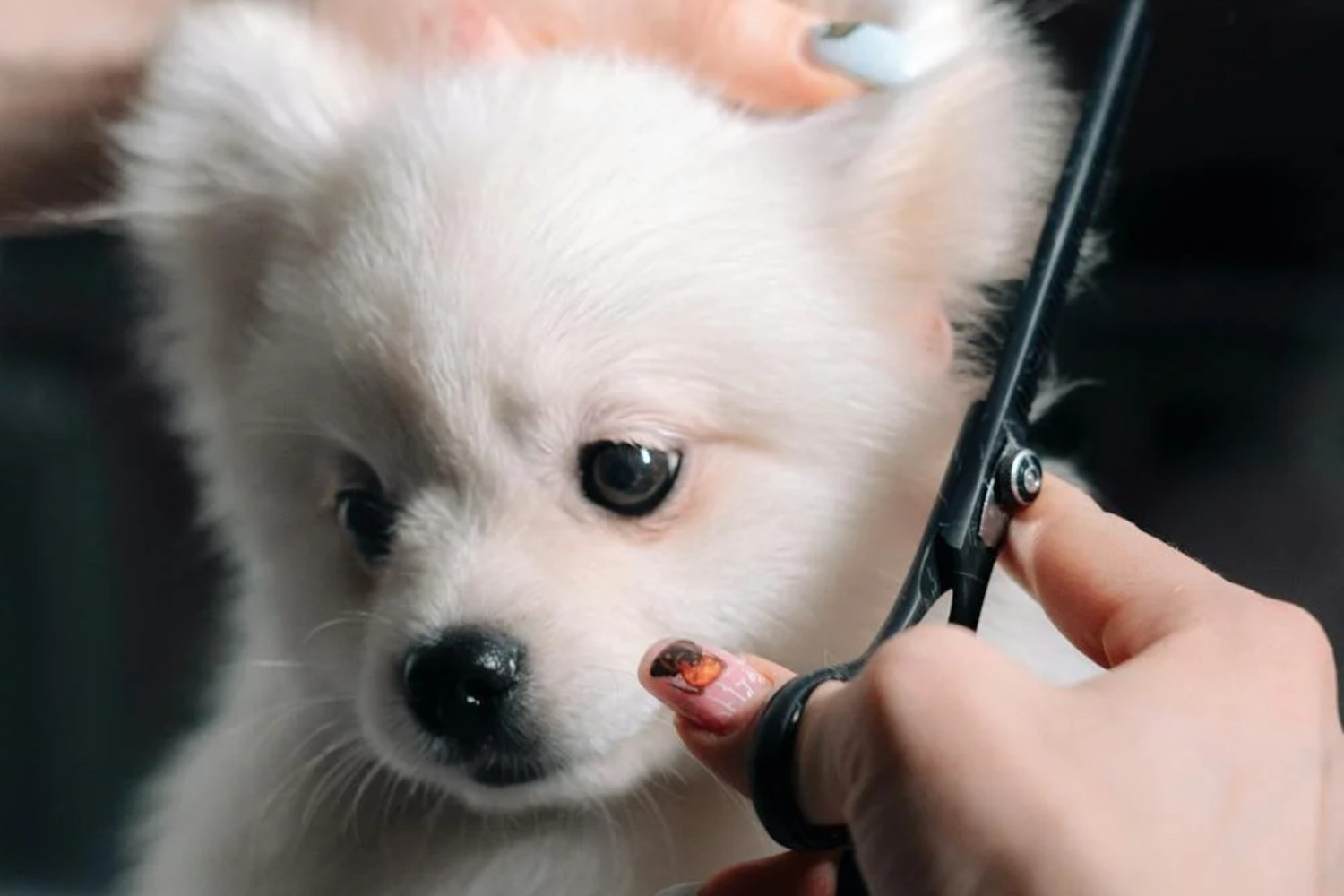
Sensitive Skin Solutions: Grooming Tips for Pets with Skin Issues
Pets with sensitive skin require special attention during grooming to prevent irritation and ensure their comfort and well-being. Whether due to allergies, specific skin conditions, or a naturally delicate dermis, adopting a gentle and thoughtful approach to grooming can make a significant difference. This guide will explore effective strategies for grooming pets with sensitive skin, skin-friendly grooming techniques, managing grooming for skin conditions, and implementing hypoallergenic pet care.
Identifying Pets with Sensitive Skin
The first step in caring for pets with sensitive skin is recognizing the signs, which may include frequent scratching, red or inflamed skin, and discomfort during grooming. Understanding the underlying causes, such as allergies or genetic conditions, is crucial for effective management.
Grooming Practices for Sensitive Skin
- Use Hypoallergenic Products: Select shampoos and grooming products specifically designed for sensitive skin, free from harsh chemicals and fragrances.
- Gentle Brushing Techniques: Opt for brushes with soft bristles and brush gently to avoid irritating the skin. Regular, gentle brushing helps distribute natural oils and remove loose fur without causing discomfort.
- Lukewarm Water for Baths: Use lukewarm water for bathing, as hot water can exacerbate skin irritation. Keep baths infrequent to prevent drying out the skin, unless directed otherwise by a vet.
Managing Grooming with Skin Conditions
- Consult with a Veterinarian: Before establishing a grooming routine, consult with a veterinarian to understand your pet’s specific skin condition and receive recommendations for care products and techniques.
- Spot Cleaning: Instead of full baths, consider spot cleaning to minimize stress on the skin, using a damp cloth to clean dirty areas.
- Moisturizing: For pets with dry or flaky skin, a veterinarian-approved moisturizer can help maintain skin hydration.
Hypoallergenic Pet Care
- Diet and Supplements: A diet rich in omega-3 fatty acids and other skin-supportive nutrients can improve skin health from the inside out. Consult with a vet for supplement recommendations.
- Environmental Adjustments: Reduce exposure to known allergens in the pet’s environment, such as certain fabrics or household cleaning products.
Conclusion
Caring for a pet with sensitive skin demands mindfulness and adaptation, tailoring grooming practices to avoid exacerbating skin issues. By choosing the right products, employing gentle techniques, and closely monitoring the pet's skin condition, owners can ensure their furry friends remain comfortable and healthy. Always work closely with a veterinarian to tailor the grooming routine to your pet's specific needs and to address any underlying health concerns effectively.






